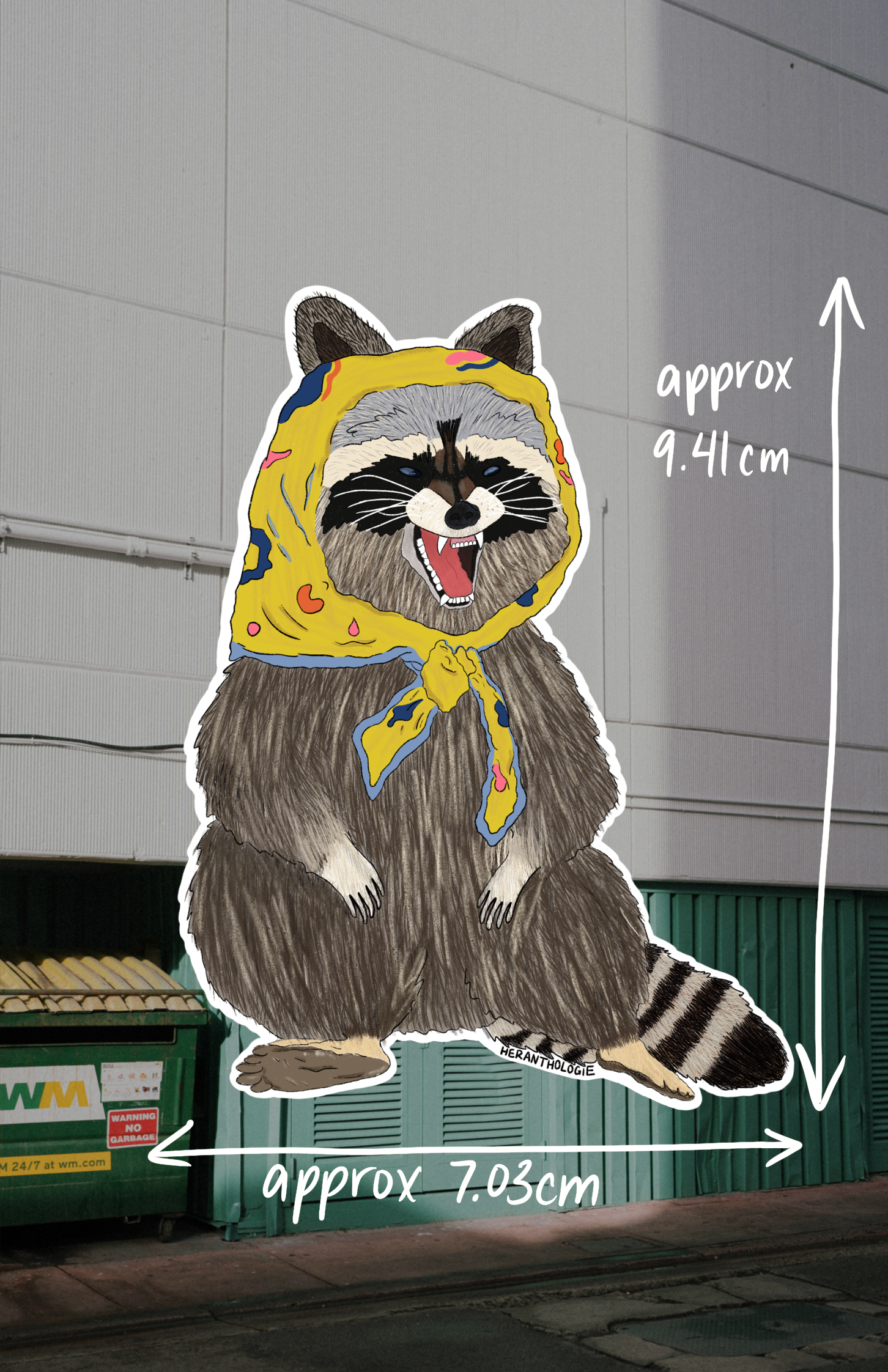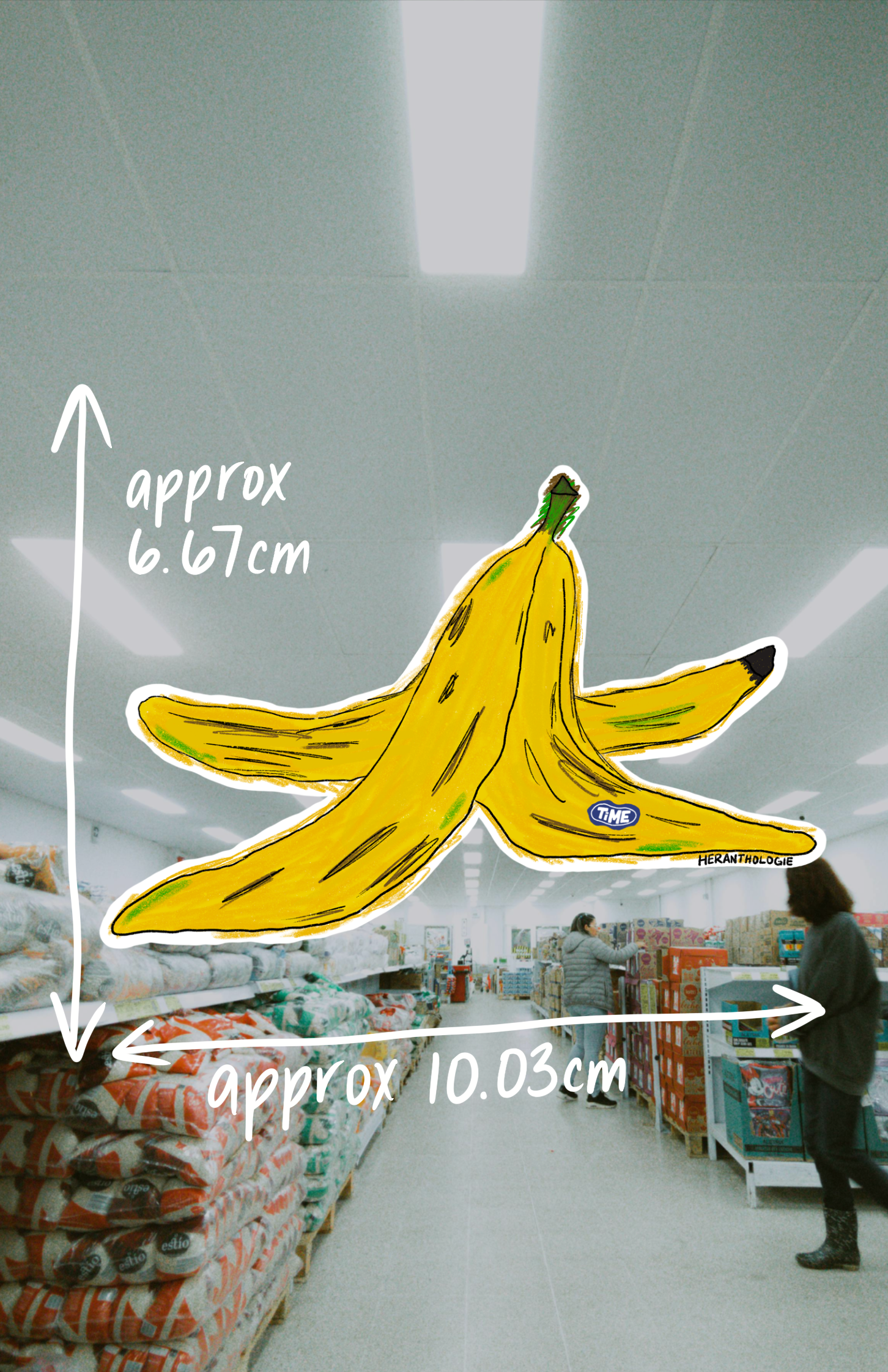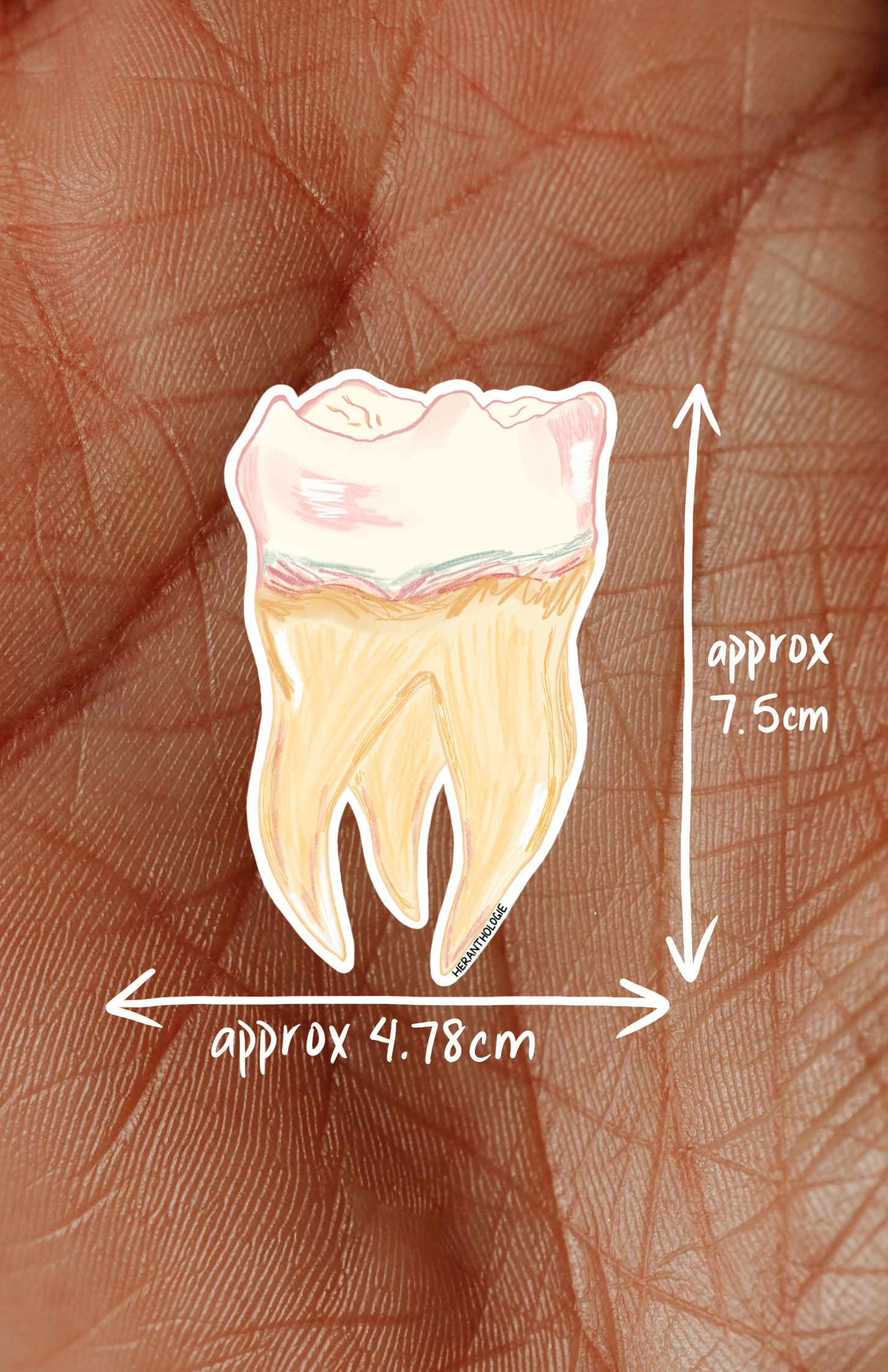Notes on Nuance
As long as original thought exists, there will always be differing and conflicting opinions about what is true and what is socially acceptable.
Frustrating? Sure.
But when we challenge each other’s perceptions and engage in meaningful conversations that test the validity of our beliefs, we grow as a society as we edge closer to the truth and continue to evolve.
Either that or we swallow our questions and sanitize our opinions so we can be seen as “good” in the eyes of those who think it harmful to be curious or skeptical about simplistic recounts of complex problems. Or we get angry and start fighting.
(One of the three is usually a guaranteed outcome…)
The truth? You can’t handle the truth.
Truth isn’t always something that can be quickly and easily ascertained. It’s usually inconveniently riddled with nuance and complexity.
And in the realm of politics, law or social issues, the truth is almost always messier than the bias headlines we read in the news or the simplified version of events we’re expected to parrot on social media.
We want things to be simple and easy.
“This group is bad, this group is good.”
“This person is problematic, this person is faultless.”
“This is not a complicated issue.”
But when we reject nuance for the sake of making things seem simple, we begin to contend with caricatures of complex issues instead of with the issues themselves.
Real life is mangled and confusing.
“This is actually really complicated and I have lots of questions that I feel like I’m not allowed to ask.”“
What’s happening right now is awful and still it’s not logical or reasonable to refuse a holistic perspective of the issue.”
“I generally do not like or agree with this person’s politics but I still don’t think it’s fair that their words are being decontextualized and misrepresented here.”
Uncovering truth requires honest communication, critical thought, skepticism, the suspension of judgement, and compassion. But a lack of good faith is poisoning our ability to communicate with one another.
I find it both frustrating and terrifying that sometimes it feels like refusing to pick a side before understanding the full scope of an issue is seen as a moral failing rather than an honest attempt to engage in responsible reasoning.
In the past, when the news or an algorithm picked up a story and I found myself swept up in The Divisive Issue Du Jour™ — I used to give in to the pressure to post strong (unripe) opinions about things I didn’t yet fully understand. This felt easier when the narrative worked as proof to solidify my already established world view.
But now I am old and tired. I’ve seen the way stories fall apart with time, and truth and research.
I’ve learned to be more skeptical in what I consume and critical in what I share. I’ve learned how common it is for both media and individuals to leave out details and facts that would complicate their version of the truth.
I’ve started asking if it’s the media’s fault for manipulating the news or the people’s fault for being quick and uncritical in their consumption of the media? Perhaps both.
I’ve found discomfort trying to strike a weird balance between wanting to act quickly and wanting to be a responsible actor.
I’ve stalled trying question, “Is it possible to be both all the time?”
I’m not sure.






